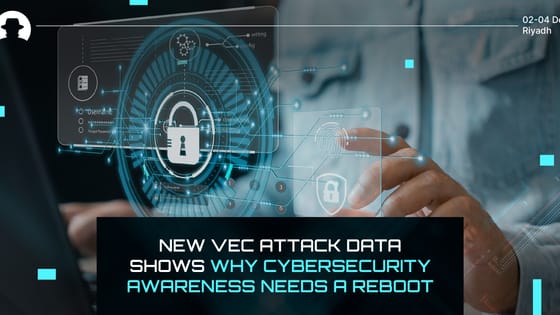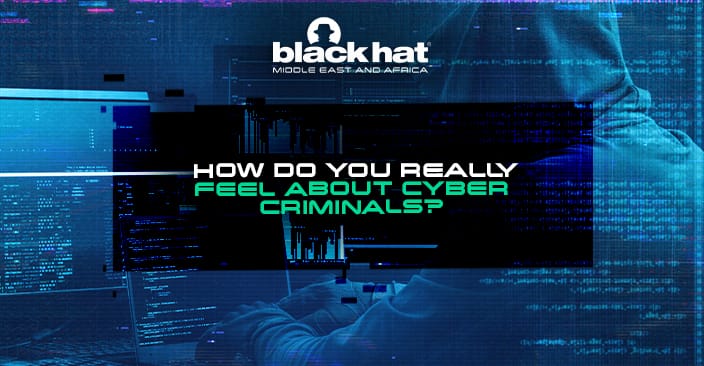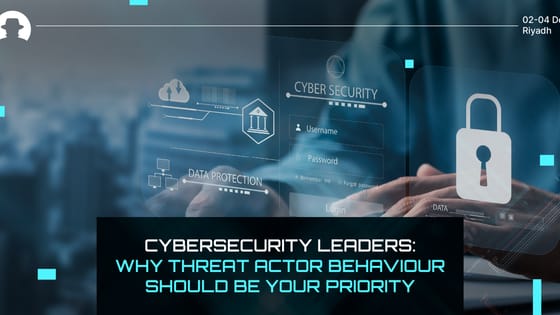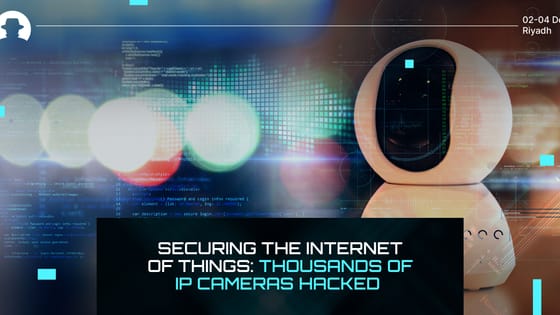
New VEC attack data shows why cybersecurity awareness needs a reboot
New research on vendor email compromise attacks shows that nearly half of employees fall for malicious emails, and 98.5% go unreported.
Read More
Last week, Lance James (Founder and CEO at Unit 221B) told us how he began to integrate the practice of Zen mindfulness into his approach to leadership, and how important it is that cybersecurity organisations allow parents to put their families (and their own well-being) first.
This week, we asked Lance what Unit 221B has been up to lately; and how he really feels about the adversaries he comes up against.
Here’s what he told us.
“Due to the nature of our work, much of what we do is carried out discreetly. However, we have released an exciting project called SpinScore. It evaluates nine types of bias, thirteen types of logical fallacies, and six types of misleading information in writing. The platform offers two modes: Reader Mode, where you can input a news URL for analysis and share the results, and Writer Mode, which allows writers to paste their articles for analysis and neutrality suggestions.
“The aim is to guide users towards balanced writing, also known as the middle path. We also have a brand new company website, and the team that worked on it did an excellent job!
“We are a fast growing company, and we celebrate a lot of internal successes daily. It’s wonderful to wake up each day and get the privilege of working with such great people, full of heart, compassion and skill!”
“The question is complex. Having worked in my field for the last 25 years, and even having been misunderstood as a mischievous, albeit naive, teenager, I strive to empathise with our adversaries. However, this doesn't imply I approve of their actions, but I understand their origins.
“For instance, had I been born in China, would I, being who I am, be considered a threat or an enemy? Or would I simply be Lance James, a Chinese citizen advancing his nation's interests? The same logic applies to Russia and the Middle East. We inhabit vastly different worlds.
“While I wasn't born in Russia or China, and hence can't fully comprehend their contexts, I can acknowledge the extent of my ignorance. I can apply my current understanding to perceive the situation for what it is: a manifestation of human nature within complex environments.
“Why am I seen as the good guy while they are not? Even if our jobs are different, the circumstances aren't always straightforward, and assessments must be made on a case-by-case basis.
“Our Chief Research Officer, Allison Nixon, appeared on the front page of the Dec-Jan issue of Wired Magazine. The article highlights her work in collaboration with law enforcement to apprehend those responsible for the Mirai DDoS botnet attack, an event that disrupted half of the internet in 2017. The narrative is engaging, filled with emotion and suspense. Upon careful reading, you'll identify a recurring theme: Nixon not only apprehended the culprits but also offered them a second chance.
“She oversaw their community service with the FBI, and later, we employed and mentored two of them at Unit 221B. This gave them a chance to progress, rather than being held back by their past.
“The first time I worked with Allison, she caught a child causing all sorts of havoc. I realised that he was suffering from sibling abuse at home. Consequently, I wrote a letter to law enforcement, asking them to inspect the safety of his home before releasing him. This child wasn't crazy; instead, he was scared, angry, and wanted to be in a place safer than his home. Jail seemed appealing to him, leading him to engage in overt activities that would get him caught.
“It's easy to disassociate while on a computer, forgetting that it's not just bits and bytes, but people's lives at stake. I believe we excel at our job because we not only apprehend wrongdoers, but also guide them towards good when given the opportunity. Essentially, we confront violence and choose peace.”
Thanks to Lance James at Unit 221B. Learn more from Lance at Black Hat MEA 2024.
Join the newsletter to receive the latest updates in your inbox.

New research on vendor email compromise attacks shows that nearly half of employees fall for malicious emails, and 98.5% go unreported.
Read More
With new data from Arkose Labs, learn why psychology, business strategy and timing are just as important as technology for cyber defence.
Read More
The latest in a long line of attacks against IoT devices that highlights the vulnerability of the Internet of Things.
Read More